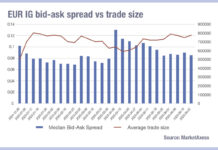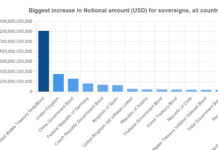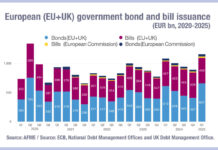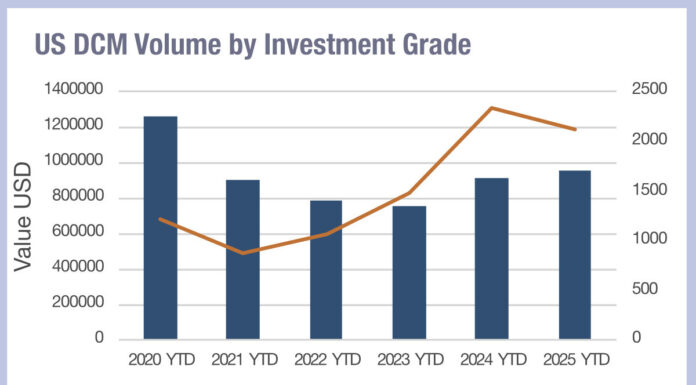
Challenges to the process of UK government bond (Gilt) pricing by syndicate banks, made by member of parliament, Mel Stride, chair of the Treasury Committee, have been responded to by Sir Robert Stheeman, chief executive of the UK Debt Management Office (DMO).
Stride had written on behalf of the committee asking whether the pricing of bonds in the syndication process, which had consistently been sold for a high price from investors, did not indicate that in fact the price could be higher as investor appetite seemed so strong.
“There appears to be high levels of demand within the published results of the syndications,” he wrote on 19 November 2020. “How are you sure the pricing has been keen enough in favour of the taxpayer?”
“Is there an incentive for market players not to buy the reference gilt to lower its price before the syndication?” he added. “If such an incentive exists, how does the DMO monitor the price of the reference gilt?”
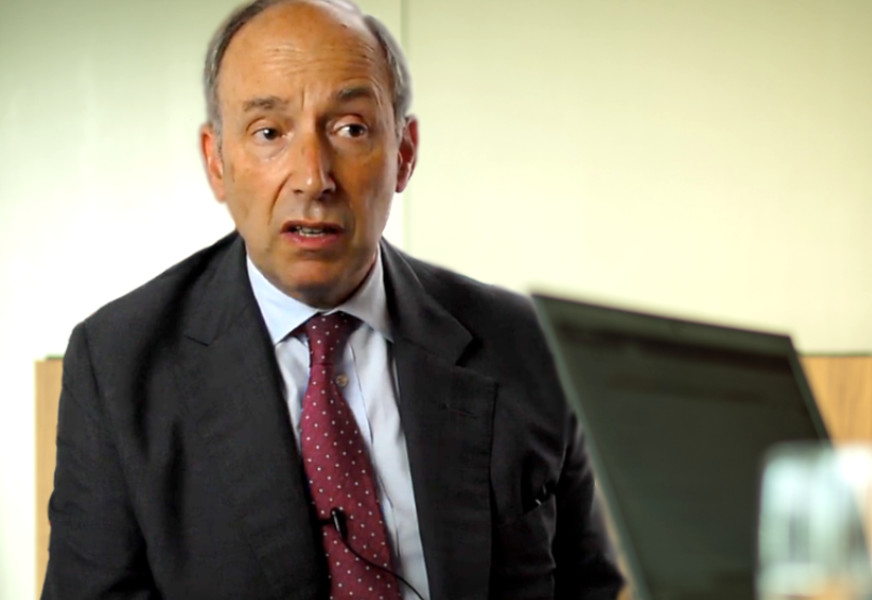
Stheeman has responded to the questions in writing on 10 December defending the process, and noting that getting the higher end of prices in the syndication process is seen as a “very positive outcome” and that the outsized orders typically found for a new issue often reflect outsized demand by investment managers who know they will not receive their full allocation and therefore try to get a larger amount by over-ordering on bonds they want.
“We are particularly mindful of the points you raise about the risk of price movements in the reference bond, notwithstanding the fact that the DMO does not have a formal market supervision mandate,” he wrote. “If this were occurring, we should be able to observe as increase in the price different (a larger positive yield spread) between the reference bond and the neighbouring bond (typically defined as the closest liquid bond to the reference gilt on the yield curve) in the period immediately preceding the syndication, followed by a fall immediately afterwards. This is not what we have observed.”
Total fees paid since the syndication programme was introduced in 2009 average £1.8 million per £1 billion raised – therefore 0.18% – or £599 million for the £332 billion raised via syndication.
©Markets Media Europe 2025

